Albanese confirms new-look ministry after cabinet reshuffle
The Prime Minister has confirmed his new-look ministry, with some key ministers dumped from their high-profile portfolios. Here are the government’s winners and losers.
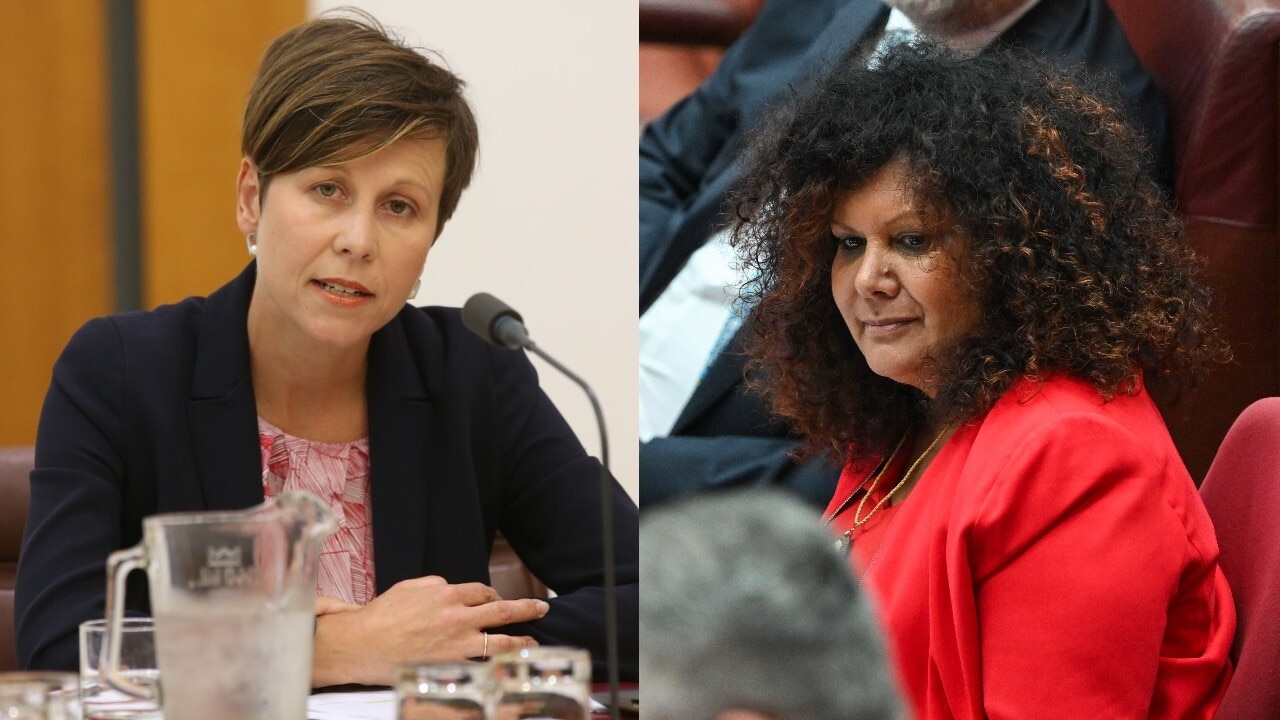
Prime Minister Anthony Albanese has revealed the winners and losers in his first reshuffle since coming to power in 2022, with embattled ministers Andrew Giles and Clare O’Neil both moved out from their contentious jobs.
Tony Burke will become Home Affairs and Immigration minister, with Clare O’Neil leaving the Home Affairs department to take up the Housing and Homelessness portfolio.
Senator Murray Watt will move from Agriculture to take on the Industrial Relations ministry, Mr Burke’s former job.
Mr Giles leaves Immigration and will take up the Skills and Training ministry, which is not a cabinet position.
Senator Jenny McAllister has been promoted in the reshuffle and will become the Cities and Emergency Management minister.
Julie Collins will become the Agriculture, Fisheries and Forestry and Small Business minister.
Northern Territory Senator Malarndirri McCarthy becomes the new Indigenous Australians minister, replacing Linda Burney.

Pat Conroy will serve as the Defence Industry minister and minister for International Development and the Pacific.
Most major portfolios will remain in the same hands; Defence stays with Richard Marles, Jim Chalmers will remain the Treasurer and the Energy portfolio will stay with Chris Bowen.
“Today I announce changes to the Cabinet and to the ministry, drawing on the strength and depth of the Parliamentary Labor Party,” Mr Albanese said on Sunday.
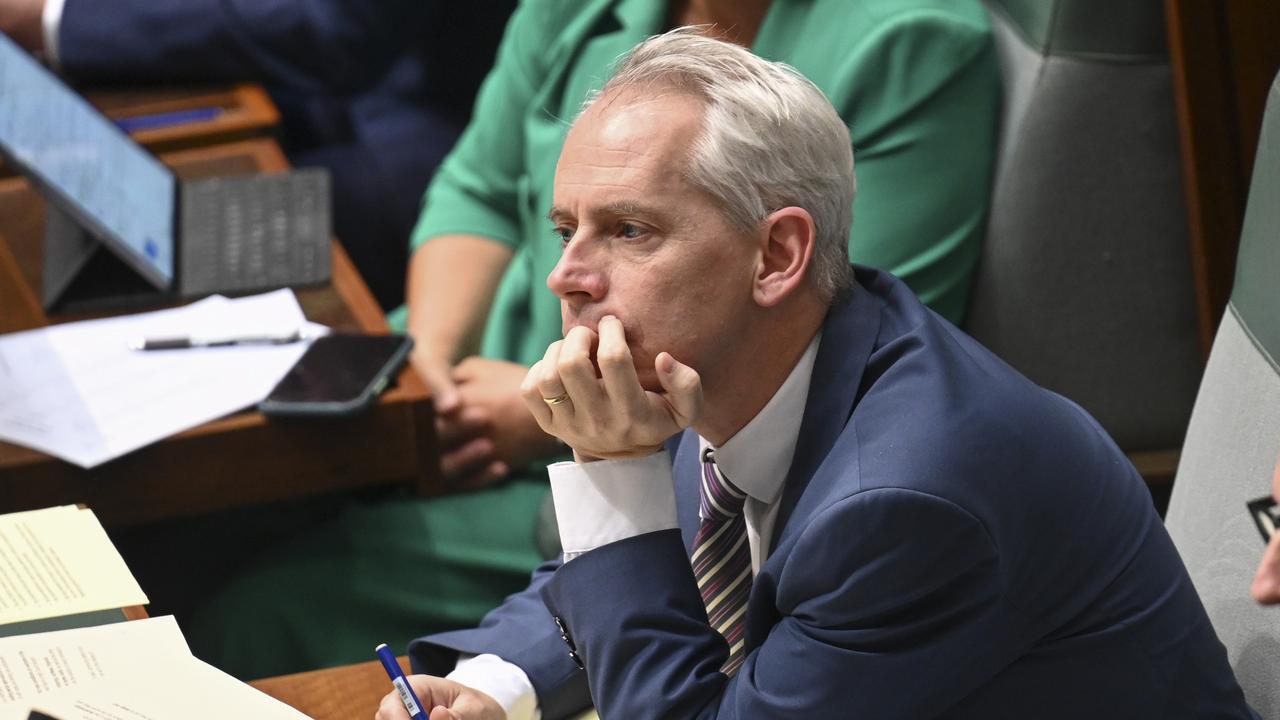
“I am proud to lead a talented and united cabinet government that is focussed every day on continuing to deliver better outcomes and more opportunities for all Australians.
“Our Ministry works together, listens to each other and acts decisively with purpose.
“We are proud of what we have delivered for Australians and the progress we have made together.
“While my Government’s leadership team remains unchanged, the decision three colleagues have taken to step down creates an opportunity for others to step up.”
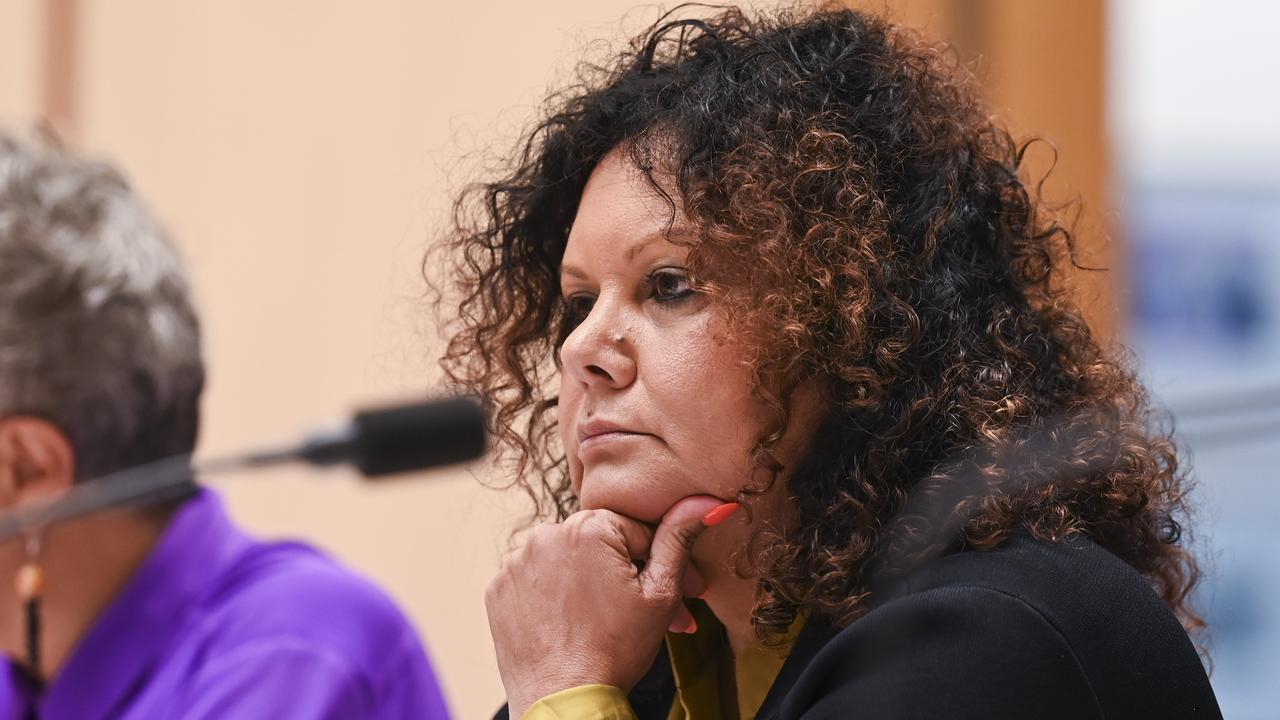

The changes were triggered after Labor stalwarts Brendan O’Connor and Linda Burney announced they would retire at the next election.
Tasmanian Senator Carol Brown will also step down from her position as assistant minister for Infrastructure and Transport due to health issues.
Mr Albanese said the reshuffle was “a significant move forward”.
“Good governments aim high, they work out of a drawer on a diversity of talent and that certainly is what drives me and that’s what drives the changes I’m announcing today,” he said.
“After more than two years, the most stable period, might I say, of government, certainly in living memory, if not forever.”

He added he would take the new-look Cabinet and ministry to the next election - though declined to provide any detail on when that could be.
Ms O’Neil and Mr Giles confronted months of criticism after a series of failures in their portfolios, including the NZYQ high court decision that forced the release of immigration detainees, some of whom went on to commit crimes against Australians.
Opposition Leader Peter Dutton has called for their resignations for months, but Mr Albanese defended his ministers and their performance.
“Peter Dutton will be negative, he will be destructive,” he said.
“The fact is, Peter Dutton left a mess, in the portfolios he held.”
Mr Dutton held the Home Affairs portfolio from 2017 to 2021.
The prime minister also defended his government’s record on border security.
“We’ve maintained border security, the resources that have been allocated have never been higher than they are today,” he said.

Mr Albanese announced ASIO, Australia’s domestic security service, would move out of the Home Affairs portfolio and into the Attorney-General’s department, led by Mark Dreyfuss.
Mr Albanese said the move would put ASIO and the AFP together in the same department.
The prime minister said Mr Burke would “certainly be up” to the task of managing two contentious and high profile portfolios.
“What it means, in terms of a department, there will be one person who will be responsible for it,” the prime minister said.
“One minister, and then two junior assistants to them, is I think the right structure.”
In other moves, Wills MP Peter Khalil becomes a special envoy for social cohesion, which comes following months of sustained pro-Palestine protests and a rise in anti-semitism in Australia.
Mr Albanese said the envoy role would be detached from the “day-to-day” of politics to report on the deeper challenges confronting Australia.
“Peter Khalil will have the resources across government,” Mr Albanese said.
“I want him reporting directly to me about social cohesion and its importance. Peter is a deep thinker.”
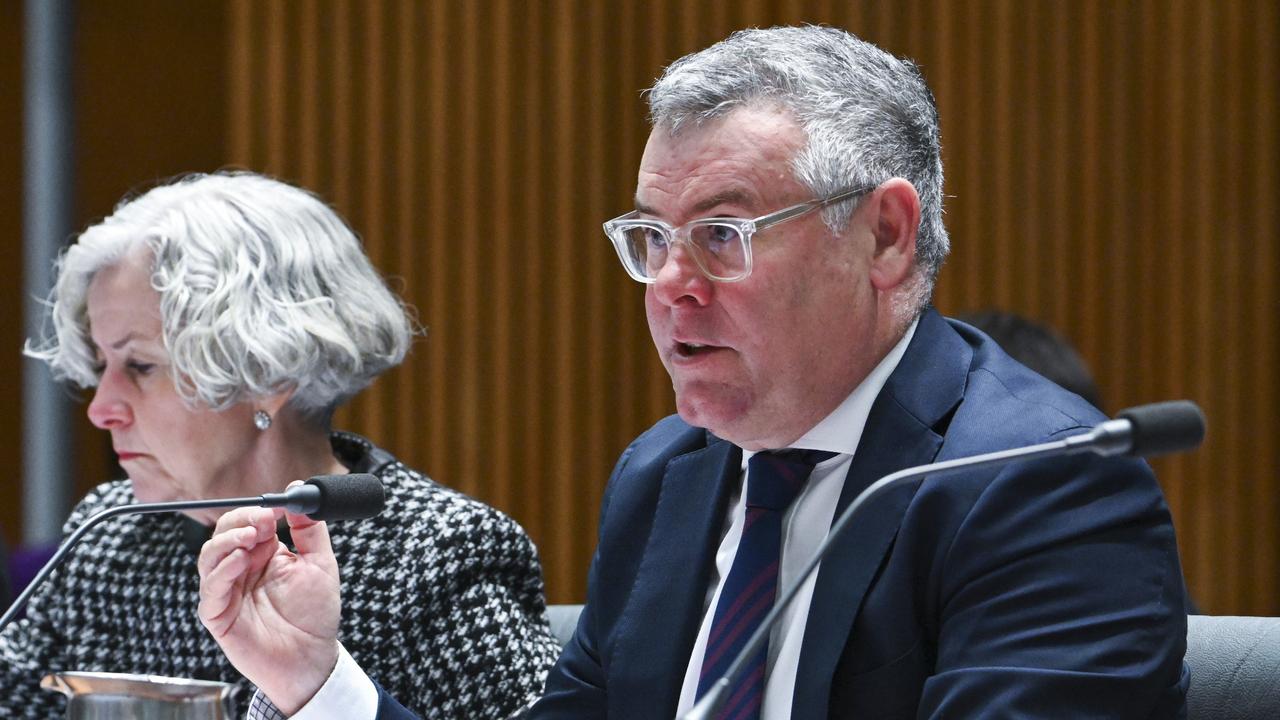
Solomon MP Luke Gosling will become a special envoy for defence, veterans’ affairs and northern Australia, while Parramatta MP Andrew Charlton will be special envoy for cyber security and digital resilience.
The special Republic portfolio has been axed.
The reshuffle comes as the government prepares for an impending election.
“There is a opportunity to refresh the front bench, the Prime Minister is taking that opportunity,” Mr Marles told Sky News on Sunday morning.
“This comes after a remarkably stable ministry in the first term of the Albanese government.”
On ABC’s Insiders, news.com.au political editor Samantha Maiden suggested Mr Burke had the experience, and the right positioning within the Labor Party, to lead the Home Affairs portfolio.
“Tony Burke has already done immigration before. He’s from the Labor right and we want to make sure all the national security type of portfolios are held by someone from Labor right.”

Ms McAllister has served as a senator since 2015. She served as national president of the Labor Party between 2011 and 2015.
Ms McCarthy is a Yanyuwa woman from the Gulf country in the Northern Territory.
She was elected a senator in 2016 and then again in 2019. Before politics, she worked as a journalist with the ABC and then SBS and NITV.
Mr O’Connor, who served as both immigration and home affairs minister in previous Labor governments, suggested border control was key to securing government and maintaining the confidence of the electorate.
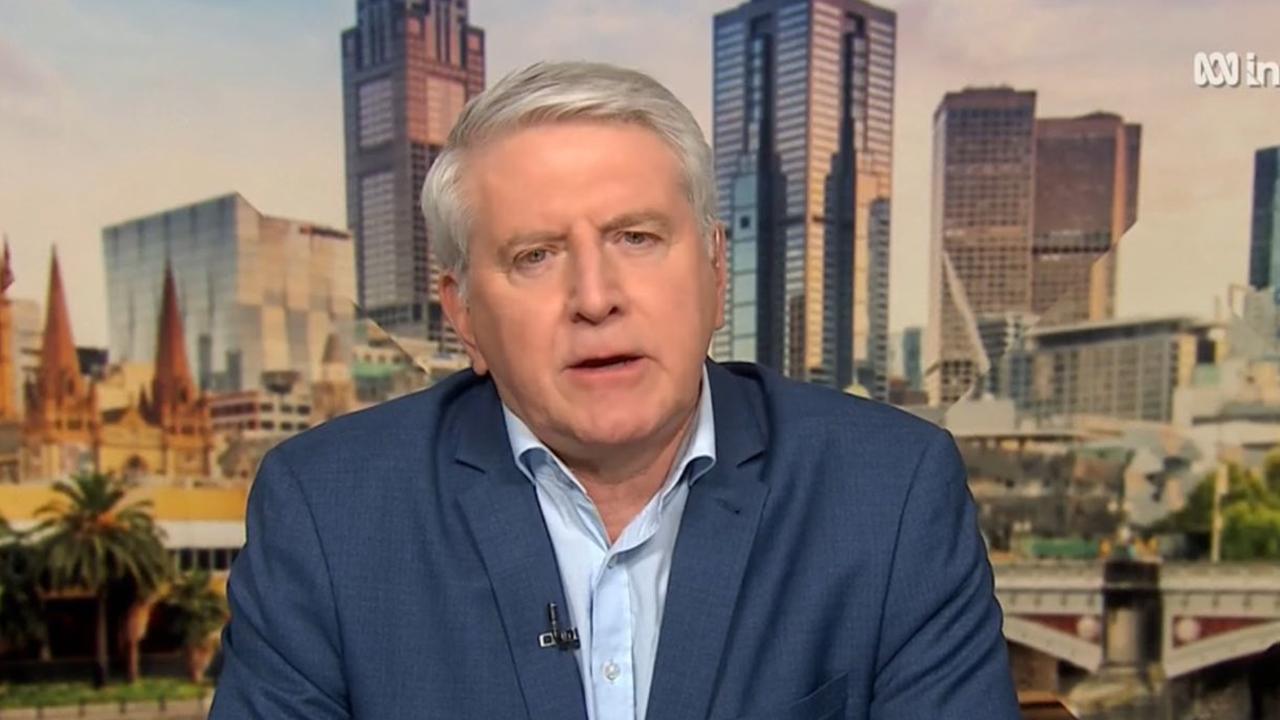
“Over time, and certainly being in the two very significantly-challenging portfolios of Home Affairs and Immigration, I realised we had to really consider our policies and I’m very proud of the fact that I helped change the platform and the policies of the Australian Labor Party,” he told the ABC on Sunday morning.
“Well it took a number of national conferences but I really believe if we did not change considerably, we would not have been an electable political party and to the great credit of the Australian Labor Party, those changes were made, but it was not easy.”
He also said the Party had been scarred by its post 2001 election history and senior leaders were focused on maintaining unity and stability in government.
“The one thing the current government understands is we do not want to and we will not return to that conduct,” he said.
“And, in fact, the Cabinet is replete with ministers who had endured an experience some of those tumultuous times and that really informs our current behaviour - unified, cohesive and ordered chaired in the Cabinet by the Prime Minister.”
A new RedBridge poll released on Sunday shows the Coalition has pulled ahead of the government on a two-party preferred basis.
Peter Dutton’s LNP now leads Labor 51.5 per cent to 48.5 per cent.
In April, the same polling company showed the government was ahead on 52 per cent to 48 per cent.
The shift has come from low and middle income voters moving to the Coalition camp, the company said.
The new Ministers will be sworn in on Monday.
Read related topics:Anthony Albanese




